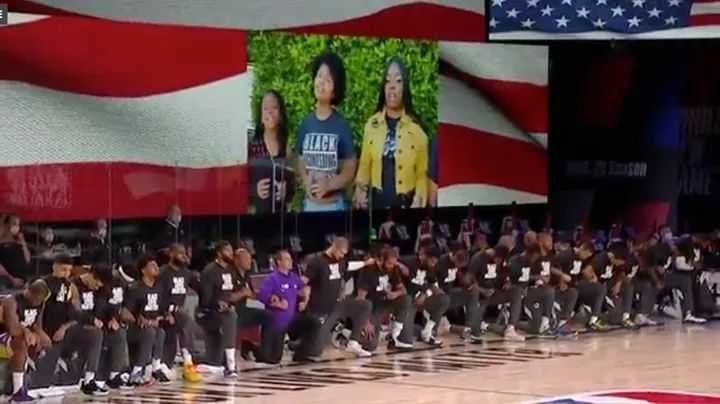Burma Solidarity Group to Aung San Suu Kyi: It’s time to make a clear stand on Rohingya plight
“Daw Aung San SuuKyi should live up, first, to her persona as both a democracy and human rights icon and secondly, to her promise that once elected , she and her party would re-install democracy in a country governed, for decades, like a garrison by a military junta. Now that she’s already in power, we can’t help but wonder, what has happened to her?
She has been tight-lipped on major issues like the plight of Muslim Rohingyas.”
Thus said Gus Miclat, Executive Director of the Initiatives for International Dialogue (IID), a regional advocacy and policy NGO based in the Philippines, Convener of the Asia-Pacific Solidarity Coalition (APSOC) and Regional Initiator of the Global Partnership for the Prevention of Armed Conflict in Southeast Asia (GPPAC-SEA).
Miclat added, “Suu Kyi once said that we, in the solidarity movement, must use our liberty to promote theirs. We are still doing this and continue to be one with the peoples of Burma for their persistent quest for genuine democracy.
But we also expect Aung San SuuKyi, now the State Counselor, to make every effort necessary to fulfill her vow of returning Burma to democracy by institutionalizing significant democratic reforms including ending the Rohingya crisis.”
The Rohingyas are a Muslim minority group residing in Rakhine state, also known as Arakan inside Burma (Myanmar).
The Rohingya people are considered “stateless entities” by the government and majority Buddhist population and have been victims of sectarian violence, as the Myanmar government refuses to recognize them as an ethnic group in the country. Global think tanks and conflict monitoring groups have identified the Rohingya issue as a topmost possible conflict that can lead to massive crimes against humanity and even genocide.
IID said that Aung San SuuKyi herself should utilize all her powers to help end the continuous persecution of the Rohingya by repealing the 1982 Citizenship Act and other discriminatory laws and practices to ensure that all persons have rights and equal access to citizenship and are not discriminated on grounds of ethnicity and religious belief.
In January, Ko Ni, a 65 year-old prominent Muslim leader who have been Suu Kyi’s and her party’s legal adviser was shot dead at the international airport in Yangon, the country’s commercial capital, as he hailed a taxi after returning from a trip to Indonesia, where delegates reportedly discussed dialogue among religions. Police have already arrested the alleged shooter but no motive has yet been given.
“The lack or absence of concrete efforts to address the deplorable conditions of Rohingya communities in Burma could jeopardize other democracy initiatives of the present government. Worse, this could even invalidate the legitimacy of Aung San SuuKyi as a democracy leader. She cannot approach this issue over cautiously because the continued persecution of the Rohingya can no longer be described as merely a domestic problem for Myanmar. This might spiral out of control and soon affect the whole region”, Miclat stressed.
According to reports, there are now more than 500,000 Rohingya refugees in Bangladesh alone. Recent military operations in Myanmar have added another 20,000 which now puts Bangladesh in a difficult situation. However, the Burmese government has repeatedly denied persecuting theMuslim Rohingyas, dismissing UN reports on evidence of killings and rights abuses as exaggerated.
THE KOFI ANNAN COMMISSION
In a bid to defuse the outcry over her perceived silence and perhaps find a sustainable solution to tensions and violence in Rohingya communities, Aung San SuuKyi last year handpicked former United Nations Secretary-General Kofi Annan to head a nine-member State Advisory commission to discuss ethnic conflict and clashes in Rakhine state. The “Kofi Annan Commission” launched a mission December of2016 and initiated a dialogue with political and community leaders in Rakhine with the aim of proposing measures to improve the conditions of people living in the said territory.SaidCommission is also tasked to propose conflict-prevention measures, ensuring humanitarian assistance, rights and reconciliation, establishing basic infrastructure, and promoting long-term development plans in the restive state.
But Suu Kyi’s decision to pick Annan has generated opposition especially from military officials close to the previous junta government then headed by its supreme leader General Tan Shwe.The commission’s composition was also criticized. Since its formation, two political parties — the Arakan National Party and the Union Solidarity and Development Party (USDP) — have called for its cancellation or the removal of the international members on the grounds that they could not be expected to understand the local context or that their involvement would amount to interference in Myanmar’s internal affairs. Suu Kyi has not publicly defended the Commission from these tirades. The Commission’s work is currently in limbo.
- Kaspersky Lab helps uncover vulnerabilities on gas stations by hackers - February 12, 2018
- 26-percent of Ransomware Attacks now target business - November 30, 2017
- The Battle is on to Fight Human Immunodeficiency Virus (HIV) - November 27, 2017



